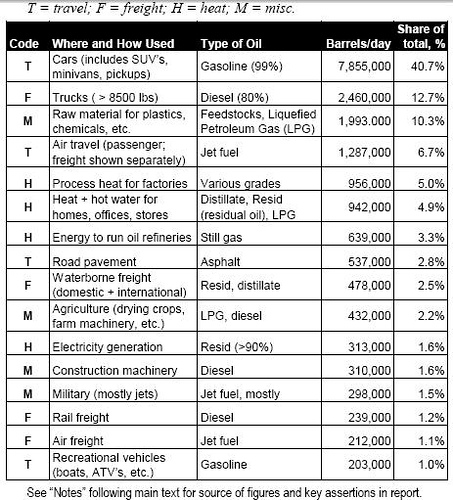Near term low earth orbit space based solar power
An interesting concept for solar power appears to be on track for testing in Palau by 2012. The Space Island Group is also proposing low earth orbit solar power beamed to multiple locations. Space Island Group hopes to have its first system up by 2010. Space Island group is targeting 10 cents per kilowatt hour …




